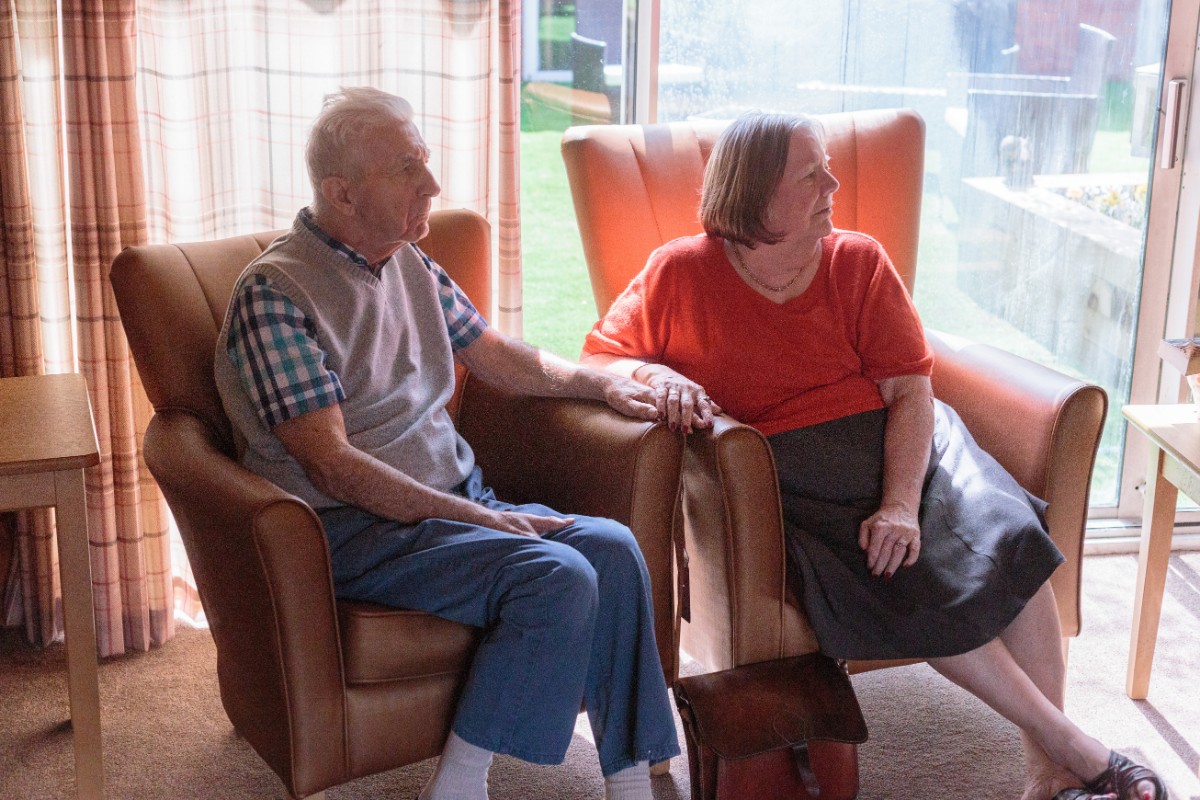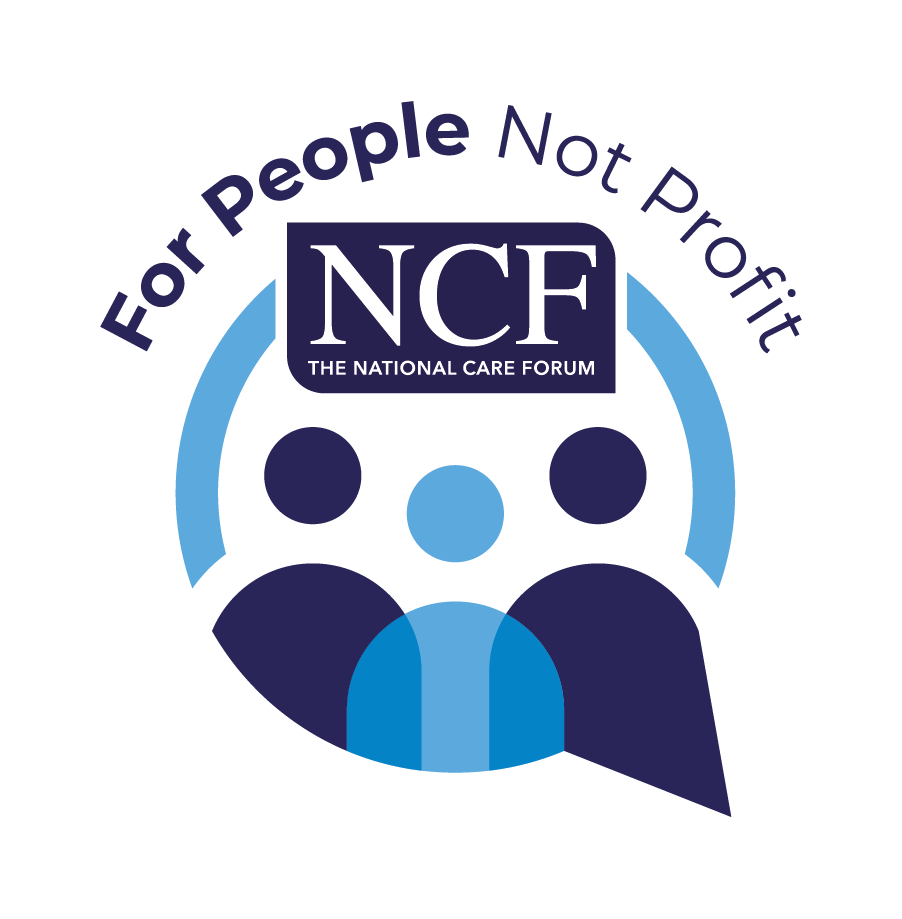
Caring for the people we love can feel like the most natural thing in the world but, with an estimated 6.5 million unpaid carers in the UK, the impact of caring for a loved one should not be underestimated. This week, during Carers Week 2020, organisations and charities are coming together to ‘Make Caring Visible’ and provide information, support and understanding.
As a result of the Covid-19 outbreak, many people are taking on more caring responsibilities for their relatives and friends who are disabled, ill or older, and who need our support during this crisis.
With over 25 years’ experience in care, we want to share some of our expertise, especially for those who are looking after elderly people and those living with dementia. Here’s our advice on how to help someone stay well and support them during these challenging times.
Rely on a Routine
Routine helps everybody. It gives the person you are caring for a sense of purpose and helps you as a carer feel in control. We suggest making a plan for each day in advance: that way it is ready for you both when you wake up, and you don’t start the day on the back foot trying to think of things to do.
Keep Moving
There are many restrictions to normal life right now. However, keeping active will help people with dementia live better and remain more independent for longer. As a carer, you could try and build some physically active time into each day, from a stroll in the sunshine to trying out some armchair exercises online.
Keep Connected
You may be shielding your loved one from face-to-face contact at the moment, but there are still plenty of ways you can both stay connected with other people. You can arrange telephone calls between friends and family, take part in Skype calls, or even join online groups for support and to build relationships with other carers. You can also help your loved one stay connected to wider groups by looking through photo albums, encouraging a chat over the fence with a neighbour, or even creating a cheerful display outside your home as a talking point for those passing by.
Infection Control Tips
We follow robust infection control processes in our homes to protect our vulnerable residents and staff from getting ill. Some of these things you can do at home to protect you and your loved ones.
Put signs up around the house as reminders. For example, a sign in the kitchen to remind you both to wash your hands regularly, or a sign on the front door to stay three steps (two metres) away from people when you go out. If you care for someone who lives in their own home, wear a mask when you visit. Try to have shopping delivered online to avoid unnecessary contact with others.
Don’t Forget about You
When you are caring for others it can be difficult to find time for yourself. However, you can only provide the best care if you are looking after yourself too.
Although it can be difficult, and may not be possible in every situation, making the effort to eat well, get some exercise, sleep soundly and have some time to yourself, can keep you positive and make sure you don’t burn out under the strain.
Speak to other family members and see if they can help you with certain tasks, even if they can’t take on caring responsibilities. They could make time for socially distanced chats through the window, or picking up essentials for you. And remember, there are resources for carers out there during this time, visit www.carersweek.org to find out more.
What to Watch Out For
People with dementia who get an infection such as coronavirus are at particular risk of getting delirium – sometimes without getting a fever or cough. A person with delirium may suddenly seem more confused and disorientated, appear agitated or drowsy, or even have hallucinations or paranoia.
If you are ever concerned about a health condition, speak to a healthcare professional immediately. In the early days of the pandemic, the NHS did postpone many routine check-ups and some non-urgent treatments. Things are easing up now and it is vital that you follow up any concerns you have for your loved one – you will not be a ‘burden’ on the NHS.
Here at Borough Care, we are still accepting new residents, even during this time. So, if you think that your loved one needs more support than you can offer right now, please do pick up the phone and speak to us. To help keep our homes Covid 19 free, all new residents will isolate within our homes and under the expert care of our dedicated carers for their first 14 days. You can find out more about our care and our homes on our website.







